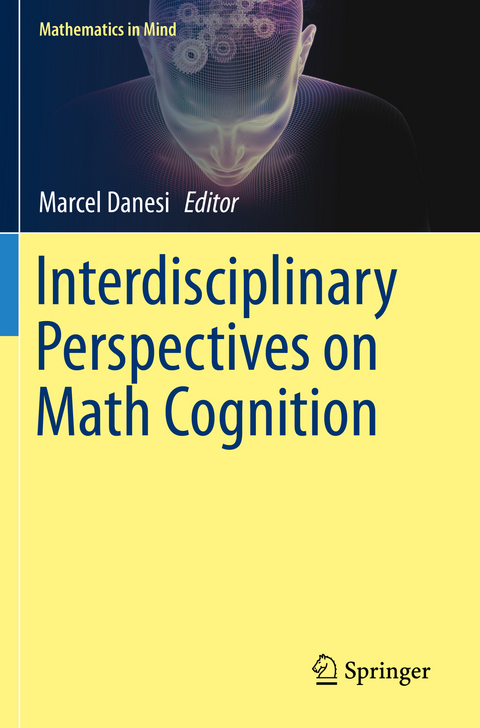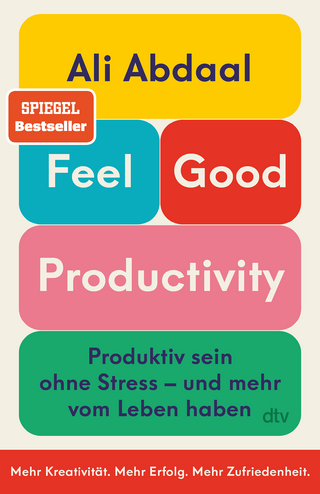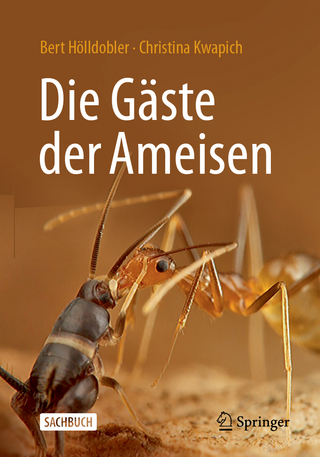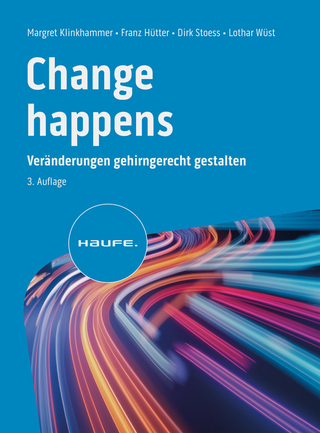
Interdisciplinary Perspectives on Math Cognition
Springer International Publishing (Verlag)
978-3-030-22539-1 (ISBN)
This volume will be of interest to mathematicians, cognitive scientists, educators of mathematics, philosophers of mathematics, semioticians, psychologists, linguists, anthropologists, and all other kinds of scholars who are interested in the nature, origin, and development of mathematical cognition.
1. From Biological Brain to Mathematical Mind: The Long-Term Evolution of Mathematical Thinking (D. Tall).- 2. Compression and Decompression in Mathematics (M. Turner).- 3. How Technology Has Changed What It Means to Think Mathematically (K. Devlin).- 4. Machine vs. Structure of Language Via Statistical Universals (K. Tanaka-Ishii).- 5. Number Work: Recovering the Original Complexity of Learning Arithmetic (B. Davis).- 6. The Body of/in Proof: An Embodied Analysis of Mathematical Reasoning (L. Edwards).- 7. Math Puzzles and Learning Devices (M. Danesi).- 8. Diagrams in Mathematics: On Visual Experience in Peirce (V. Kiryushchenko).- 9. Laws of Form, Peirce and Cantor (L. Kauffman).- 10. The Topology of Mathematics in the Mind and its Interaction with Verbal and Written Language (R.K. Logan, I.P. Oldenhoff).- 11. Mathematical Fiction as an Interdisciplinary Source for Mathematics Courses: Resources and Recommendations (F. Nuessel).- 12. Science, Magic, and the In-Between: Whence Logic (I. Semetsky).- 13. Geometric Cognition (W. Whiteley).- 14. Using Evidence to Close the Achievement Gap in Math (J. Mighton).- 15. Knowledge Building, Mathematics and Creative Thinking: An Overview on Ontario Elementary Mathematical Teaching Beyond 21st Century Skills (S. Costa).- 16. Crypto-Mathematics in Ethnography: Estimation and Approximation via Ballparks adn Eyeballing (M. Anderson).- 17. A Mathematician, A Physicist and an Engineer: The Meaning of "M" in Stem (D. Martinovic).- 18. Why a Duck? A Three-Part Essay on the Mathematics of Cognition (Y. Neuman).- 19. On Mathematical Ways of Knowing: Ramblings of a Humanistic Mathematician (G. Karaali).- 20. Epilogue: So What is Math Cognition? (M. Danesi).
"The book is dense with very well rounded research that provides the reader with a deep understanding of each body of research. I highly recommend this book for those interested in how math cognition works and to have new, insightful takeaways for additional research of your own making." (Peter Olszewski, MAA Reviews, January 4, 2020)
| Erscheinungsdatum | 05.03.2022 |
|---|---|
| Reihe/Serie | Mathematics in Mind |
| Zusatzinfo | VIII, 344 p. 105 illus., 4 illus. in color. |
| Verlagsort | Cham |
| Sprache | englisch |
| Maße | 155 x 235 mm |
| Gewicht | 539 g |
| Themenwelt | Mathematik / Informatik ► Mathematik |
| Naturwissenschaften ► Biologie ► Humanbiologie | |
| Sozialwissenschaften ► Pädagogik | |
| Schlagworte | biological brain • brain studies on math cognition • calculus of indications • cognitive science approaches to the mathematical mind • Conceptual Blending • iconicity • Klein's hierarchy • limbic system • mathematics technologies • math learning • Negation • number cognition • Problem-Based Learning • science of coordination dynamics • semiotics in mathematics • set theory • Spatial Cognition • Symbolism • triadic semiotics • Zipf's law |
| ISBN-10 | 3-030-22539-9 / 3030225399 |
| ISBN-13 | 978-3-030-22539-1 / 9783030225391 |
| Zustand | Neuware |
| Informationen gemäß Produktsicherheitsverordnung (GPSR) | |
| Haben Sie eine Frage zum Produkt? |
aus dem Bereich


